When I heard the news about the heartbreaking murder of George Floyd, an unarmed Black man, at the hands of the Minneapolis Police, I thought to myself: That could have been me. All my life, I’ve strived to live by the principle that I am not my brother’s keeper—I am my brother.
As Canadians, it seems like we’ve been lulled into a false sense of security and led to believe that structural, systemic racism isn’t a part of our lives. It seems like we’ve been conditioned that slight forms of racism or microaggressions—like asking a Black person if you can touch their hair or commenting on how articulate they are—are alright. But nothing could be further from the truth.
Floyd’s death has ignited a wave of racial reckoning; people are raising their voices to demand that everyone must be accountable and do better, from institutions to media companies to pop culture figures. At this critical moment in history, in the midst of a transformative movement for sustained social change, it’s crucial to have a safe space for stories about queer Black men, a space that centres people who look and love like me. A space where we feel seen, heard, understood and guaranteed that our lives matter.
“All my life, I’ve strived to live by the principle that I am not my brother’s keeper—I am my brother.”
I spoke with my brothers—other queer Black men—to see what and how they’re doing during these times. David Lewis-Peart, educator, community worker and writer; Al Ramsay, head of LGBTQ2+ business development for TD; Kimahli Powell, executive director of Rainbow Railroad and Christian Thompson, style expert and model, have all shared poignant and deeply personal accounts of heartbreak, resilience and what it’s like to be queer and Black in Canada.
David Lewis-Peart
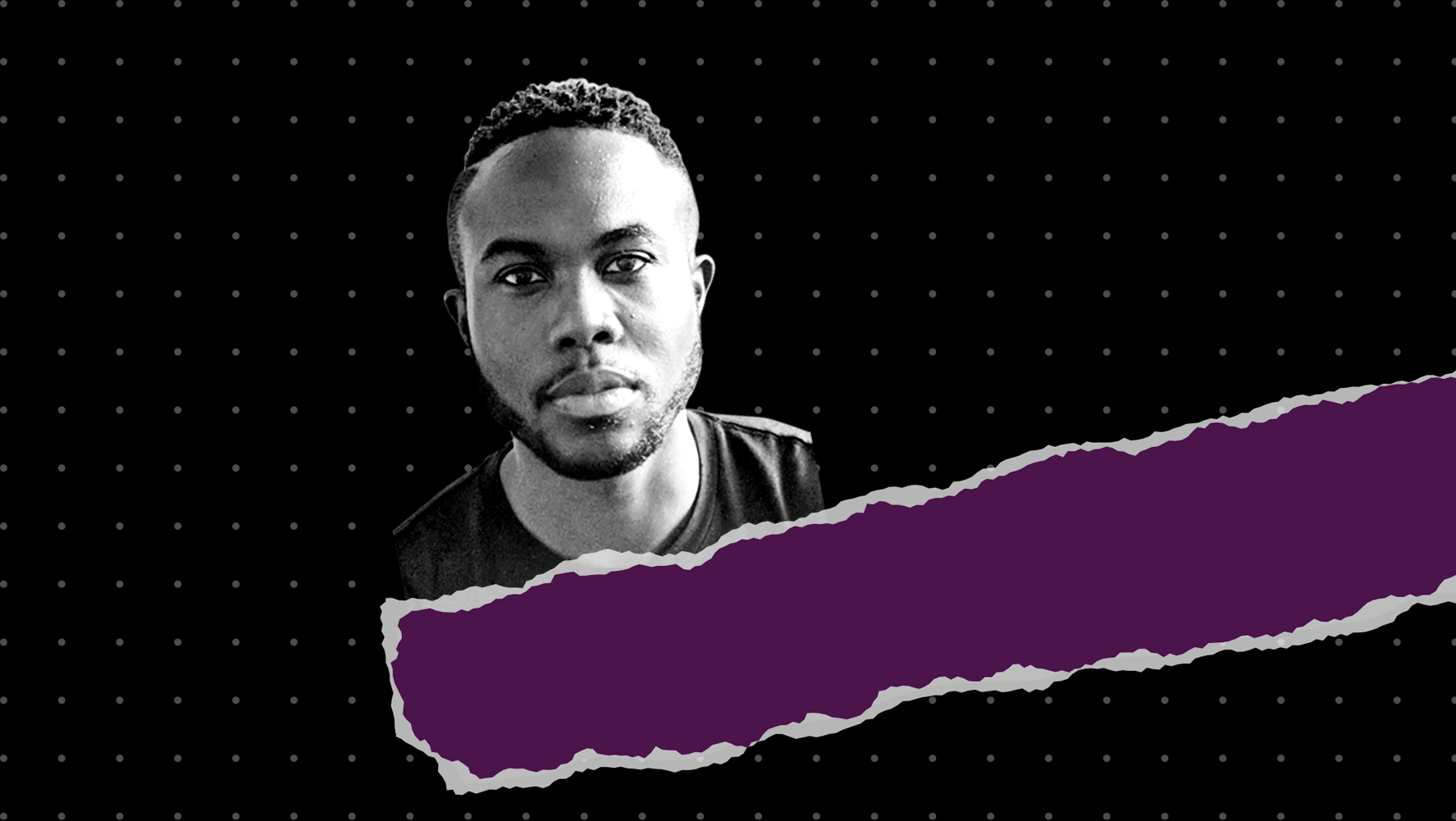
How are you doing?
I’m aware that while my head says that I’m doing fine, my body has definitely communicated something else. It has registered the feeling of tiredness and a sense of overwhelm that shows up as tightness and constriction in my chest, throat and stomach. There’s also an ever-present sense of anxiousness and frustration during this emotional and globally volatile time.
Can you share a personal or professional experience when you were confronted with anti-Black racism?
In the staff office at one of the post-secondary institutions I lectured at, a small group of white professors were listening to a colleague as she mocked the perceived poor performance of a group of her students—most of whom were Black and people of colour. The group had seemingly not taken into account that their comments were happening in the presence of me, a Black faculty member, as well as a young Black female student who was assisting with admin in the office.
At times, I’ve found that my queerness and professional identity have, for some, invisibilized my being seen fully or having my racial identity considered such as in instances like this one. I gently interrupted the expletive-filled rant and later pulled the professor leading the conversation aside. I taught many of the students she had spoken about and knew her perception of them to be harshly insensitive. She became emotional and accused me of being “aggressive” in my tone. In that moment, I went from being queer and invisible to Black and scary. For the rest of the semester, whenever I entered the staff office, she and some of the other white faculty members would end their conversations abruptly and wouldn’t acknowledge my morning greetings.
What do you want people to know about being a queer Black man in 2020?
Our being gay, bi or queer does not inoculate us against anti-Black racism. In fact, it makes it even more challenging to weather when we’re already navigating experiences of homo hatred and trans antagonism.
We’re made to feel, in one way or another, like outsiders in the communities we are very much a part of; never wholly welcome. Too queer for some within the Black community, too Black for some within the queer community.
What’s one thing people can do to become better allies?
Continually challenge your own motives and thoughts, and stay open to learning more than you bargained for.
Al Ramsay
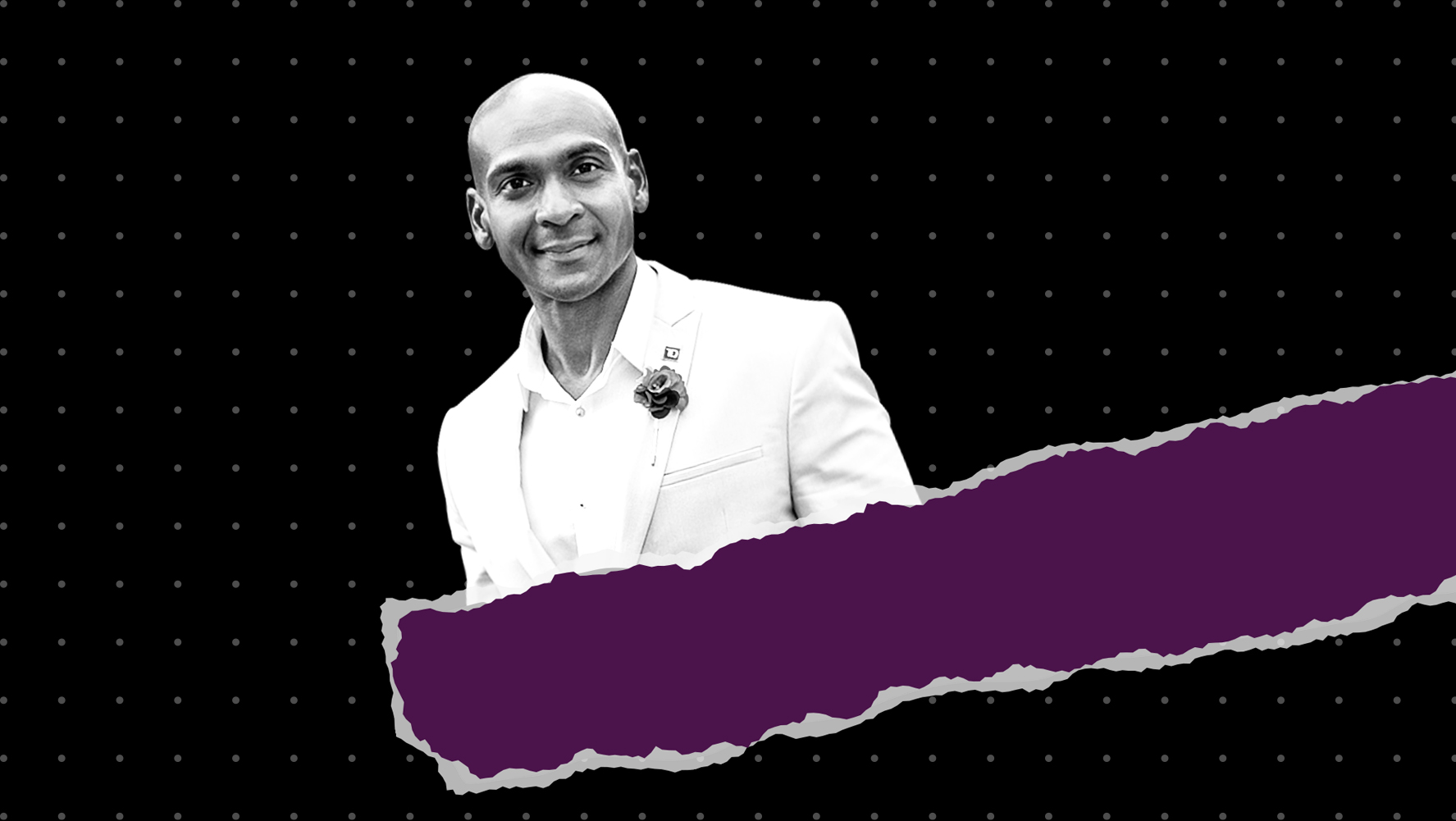
How are you doing?
It’s been an emotional time for me, for my husband and the rest of my family. We’re triggered but have moved from anger to being hopeful. I think because I’ve been doing equity work for the past 15 years, I’ve gathered tools and built an armour to help combat homophobia, racism and oppression in all its forms. Your peace of mind is paramount in this racially charged environment.
Can you share a personal or professional experience when you were confronted with anti-Black racism?
As head of LGBTQ2+ business development for TD, a large part of my work revolves around hosting clients. One day after the gym, I needed to buy a shirt for a fancy gala I was attending later that evening, so I dashed into one of my favourite stores at the Eaton Centre. To my horror, I was profiled and followed for being Black and for the clothes I was wearing.
What do you want people to know about being a queer Black man in 2020?
I’m unabashedly proud of my identity of being Black and gay. I’m fortunate to work for an organization where my day job is my gay job. I’m a leader in our community, but not everyone is comfortable with me being gay or Black. I still have to work twice as hard to dispel stereotypes and be recognized; Black excellence is excellence, period. Even as an executive at one of Canada’s largest banks, which comes with an element of privilege and power, I’m still judged by the colour of my skin to some degree in society.
What’s one thing people can do to become better allies?
There are lots of resources out there about how to become a true ally, but it starts with understanding your privilege—what rights you have that others don’t. We’re not trying to shame anyone for being white or having privilege. We’re asking you to understand that the colour of your skin gives you privilege in a society built to benefit you inherently. Listen. Learn. Act intentionally. This is the only way to help dismantle systemic racism.
Kimahli Powell
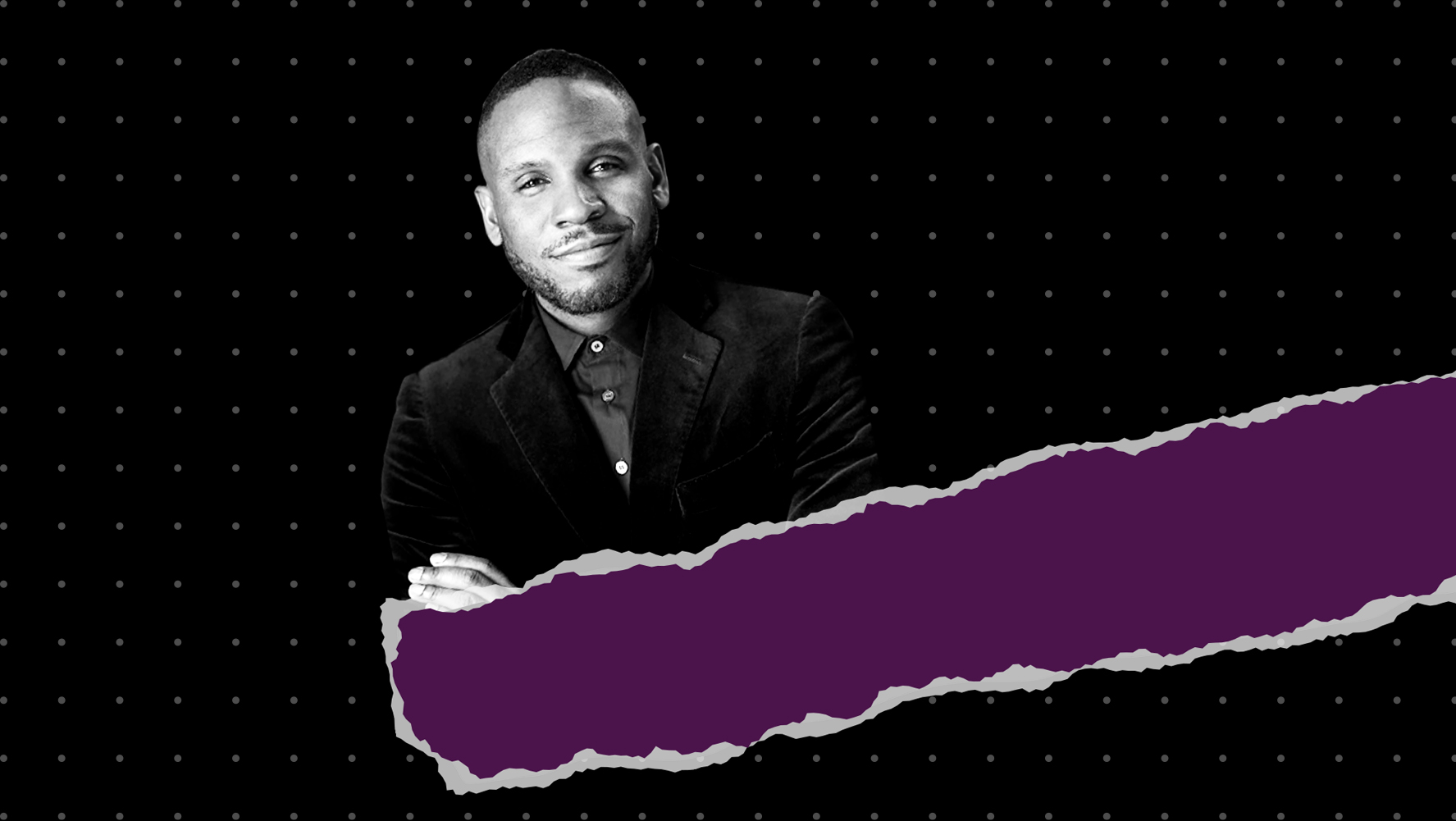
How are you doing?
I’m feeling hopeful that we may be on the precipice of change where real, meaningful actions can be taken to finally demonstrate the understanding that Black life is valuable. But I’m also weary and tired.
Can you share a personal or professional experience when you were confronted with anti-Black racism?
I wouldn’t point to one personal experience, except for the clear racial profiling that led to my being pulled over by police on my bicycle!
For me, rather, it’s the weight of microaggressions. Being the executive director of a not-for-profit organization, I’ve often found myself in spaces where I’m told that I’m articulate, in that way that feels like faint praise from the person (who’s usually white). As a leader of an organization that works overseas, I’m often one of the few Black men in a room of mostly white people with the power to improve the lives of Black, brown and Indigenous folks through international development assistance. It’s particularly acute when I visit Ottawa; Canada’s public service is still overwhelmingly white, with one Black woman serving as an associate deputy minister [out of around 80].
What do you want people to know about being a queer Black man in 2020?
We are more than our bodies: we are creative, brilliant, fierce, sensitive, magic. I’m proud to know many [gay Black men] who are contributing to and changing the world in so many different ways.
What’s one thing people can do to become better allies?
Unlearn, learn, then unlearn some more; know when it’s time to yield space and listen and donate whatever you can to Black, brown or Indigenous organizations or collectives doing real change.
Christian Thompson
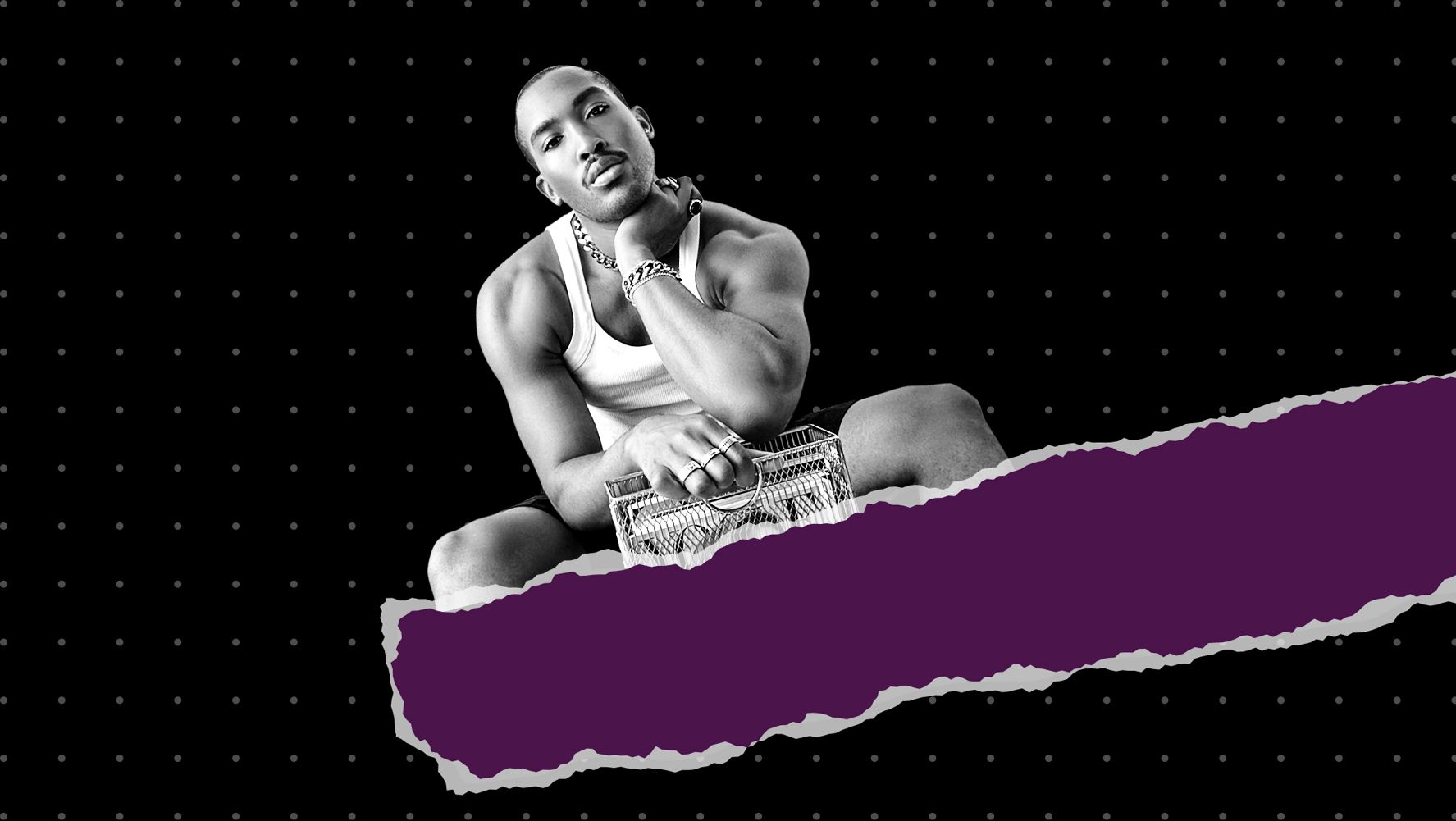
How are you doing, really?
Honestly, I’m doing all right. If you had asked me three weeks ago, it would’ve been a different story. The week that George Floyd was murdered, it felt like my heart broke. I’ll never understand how some people can have so much hate in their heart and lack so much respect for an individual’s life.
Since then, I’ve been staying informed about what’s going on in the world and doing my part, but I’ve also been limiting how much content and news I consume on a daily basis. It’s very important to protect your spirit and mental health during times like these.
Can you share a personal or professional experience when you were confronted with anti-Black racism?
I’ve been confronted with anti-Black racism from a very young age. I recall being in the third grade when the Columbine shooting had just occurred. A group of us were playing a game and I had made the winning point. A student who was upset about losing came over to me and said, “I wish you were in Columbine so they would shoot you because you’re Black.”
We were both nine years old at the time and to this day, I remember the incident like it was yesterday.
What do you want people to know about being a queer Black man in 2020?
It’s not easy! As a Black gay man, you represent two marginalized groups that have a long history of oppression and who continue to fight for human rights and equality. Not only can it be difficult to feel accepted within mainstream society, but you can also be met with racism within the gay community and homophobia within the Black community. Sometimes, it can feel like you don’t fit in anywhere.
That being said, I love being a Black gay man. I love my skin and I’m proud of my sexuality. I’m also very hopeful about the future. We’re slowly starting to see more representation in the media, people are beginning to have more uncomfortable conversations and we’re beginning to see some legislation in support of Black and LGBTQ2 rights.
What’s one thing people can do to become better allies?
Speak up! Speak up against anti-Black racism when your Black friend is present, and also when they’re not. Have those uncomfortable conversations with your white co-workers, friends and family members. As a Black man who has confronted racism more times than I would like to admit, the action itself is very hurtful, but the silence of my peers sometimes hurts even more.
Interviews have been edited and condensed for clarity.
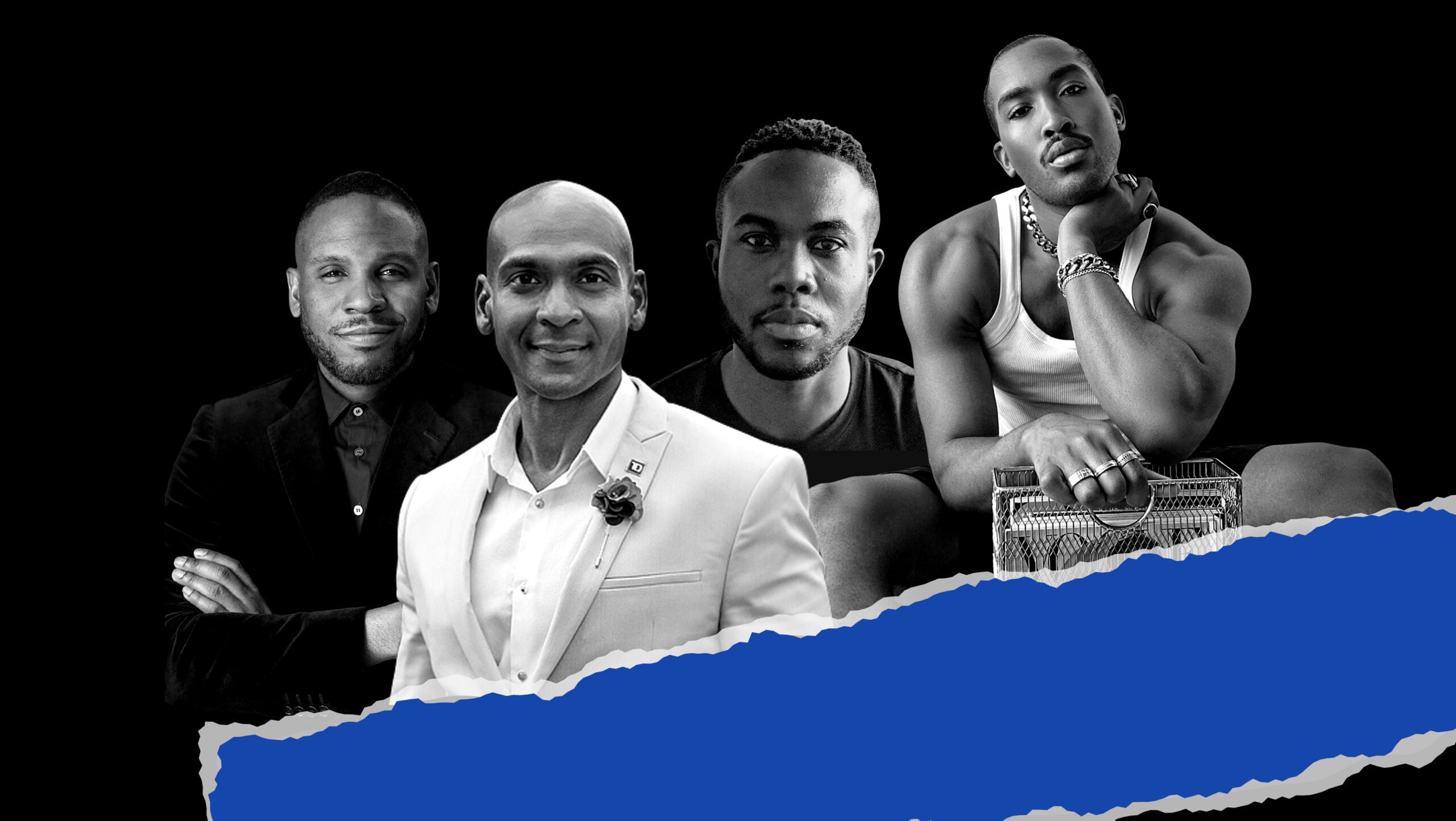
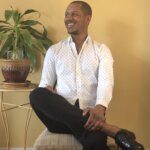
 Why you can trust Xtra
Why you can trust Xtra


